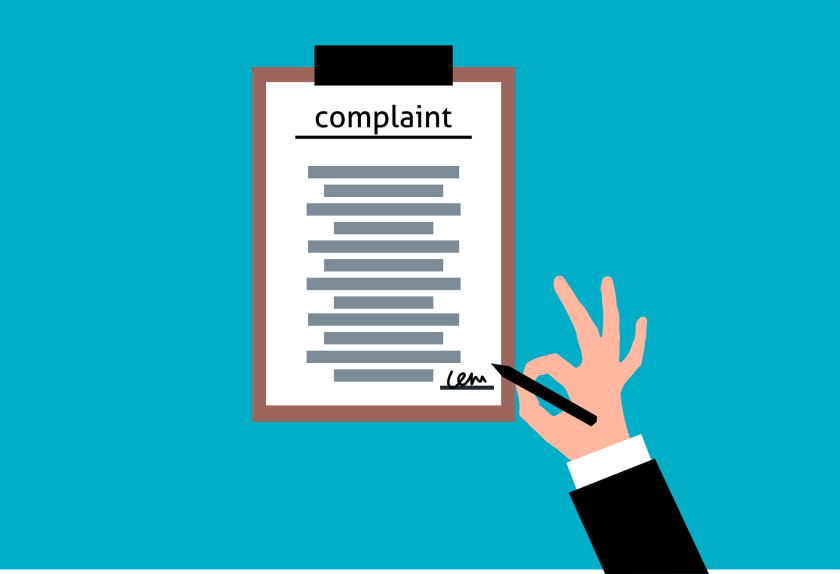The Intellectual Property Office of the Philippines (IPOPHL) issued several circulars during the COVID pandemic, and In line with its goal to transform itself into a fully digitalised agency, streamline administrative procedures, and enhance the enforcement of intellectual property rights in the country, on November 10 2023, it requested stakeholders to comment on its proposed amendments to the Rules and Regulations on Administrative Complaints for Violation of Law Involving Intellectual Property Rights. The salient points of its proposal are as follows:
Complaint – the filing of a verified complaint and succeeding pleadings, motions, and other submissions shall be by email to blareceiving@ipophil.gov.ph, and shall be deemed filed as of the date the electronic transmission was received by the Bureau of Legal Affairs (BLA) of the IPOPHL. The complainant would still have to submit a hard copy of the complaint, pleadings, motions, and other submissions with the BLA personally, by registered mail, or by private courier within five days, and the copy filed must be an exact copy of the electronic copy of the complaint filed with the BLA.
Answer – the summons shall require the respondent to answer the complaint within ten days from its receipt. The filing of the answer follows the same procedure as in filing the complaint.
Videoconferencing – the hearing may be conducted via videoconference, upon agreement of the parties, who must jointly request it within seven days before the scheduled hearing.
Applicability of the Rules of Court and Supreme Court issuances – in the absence of any applicable rules in the Rules and Regulations on Administrative Complaints for Violation of Law Involving Intellectual Property Rights, the Rules of Court and the 2020 Revised Rules of Procedure for Intellectual Property Rights Cases may be applied in a suppletory manner.
Decisions – the case is deemed submitted for resolution after the evidence is formally offered, whether or not the parties submit a final pleading such as a memorandum. The BLA shall decide the case within 30 calendar days from submission. Decisions and final orders shall be served personally, or by registered mail, private courier, or by publication, as the case may require. Service by electronic means and facsimile shall be made if the party concerned consents to such modes of service.
Several provisions from the existing rules have been deleted from the proposed revised guidelines but the covered acts are still part of the prosecution process. The IPOPHL may have intended that the express inclusion of the suppletory applicability of the Rules of Court and issuances of the Supreme Court would fill in the gaps, but this may also lead to different interpretations, since administrative bodies are not strictly bound by technical rules of procedure.












